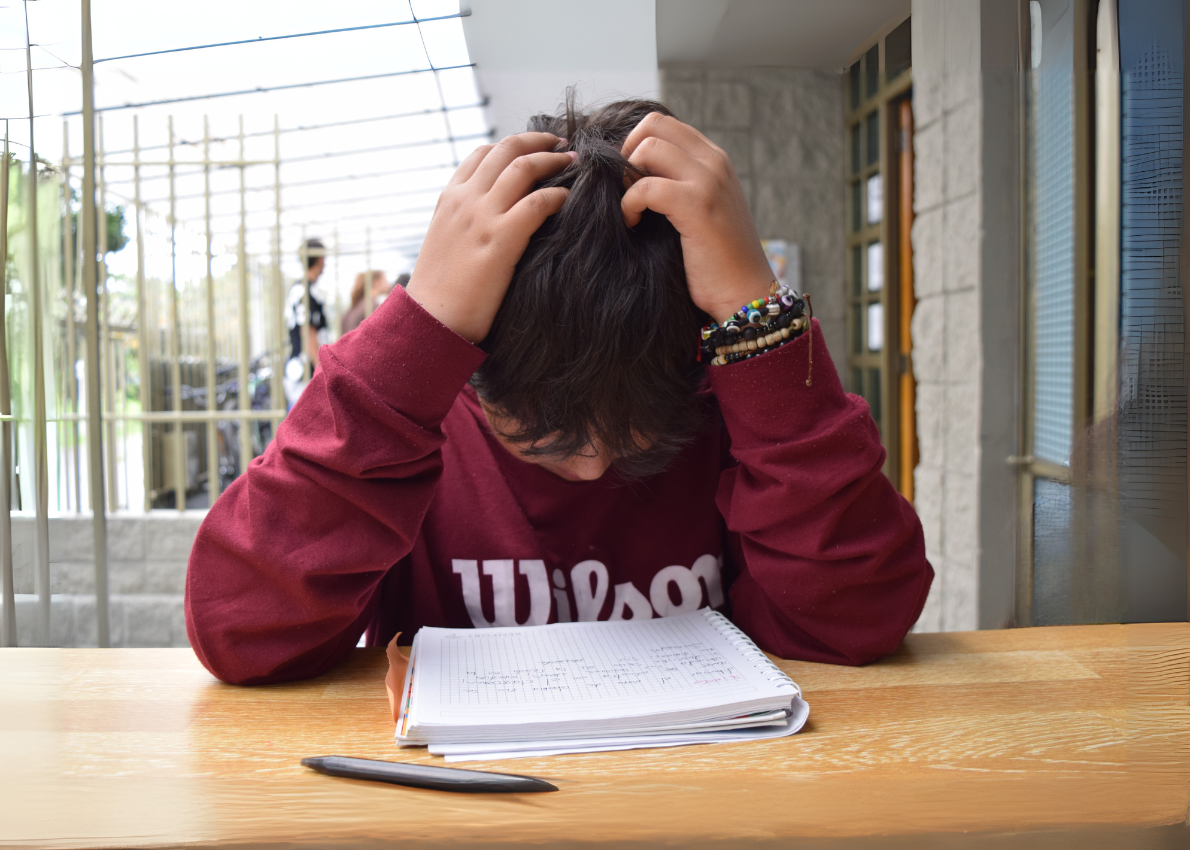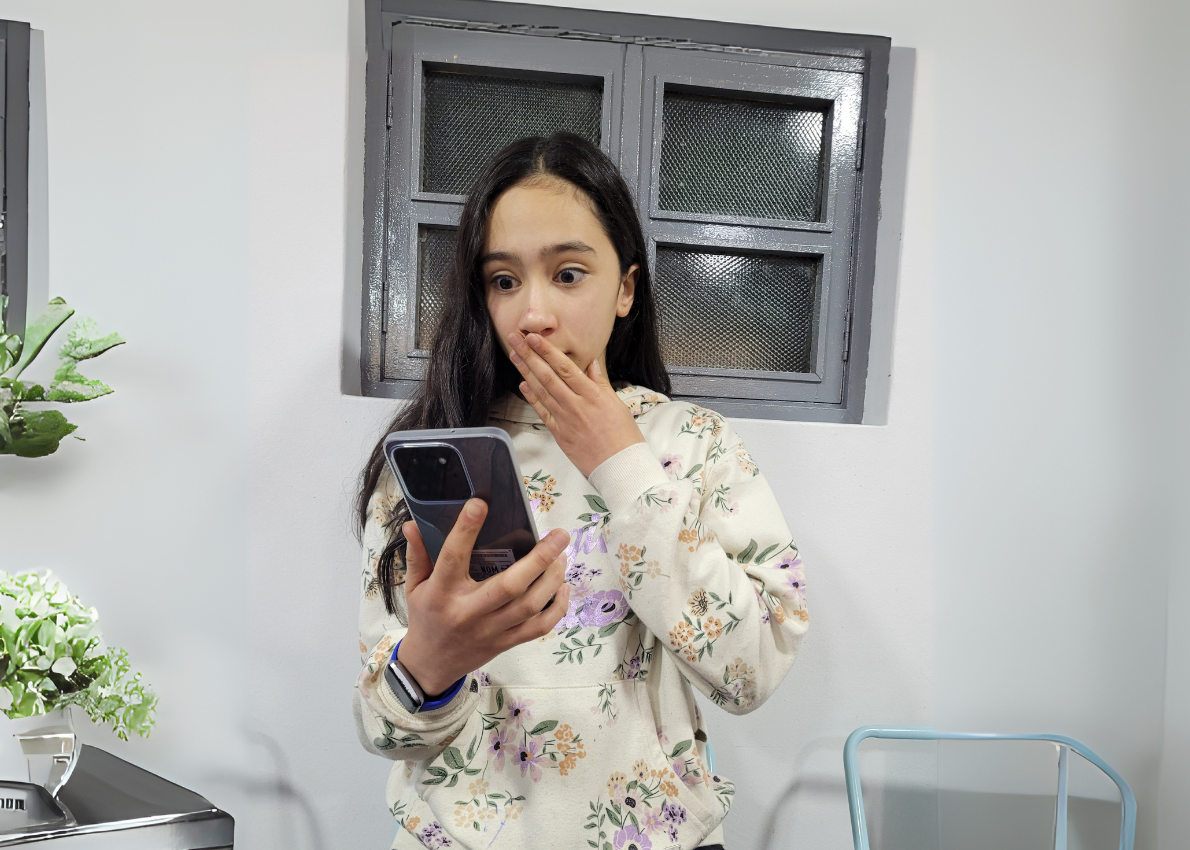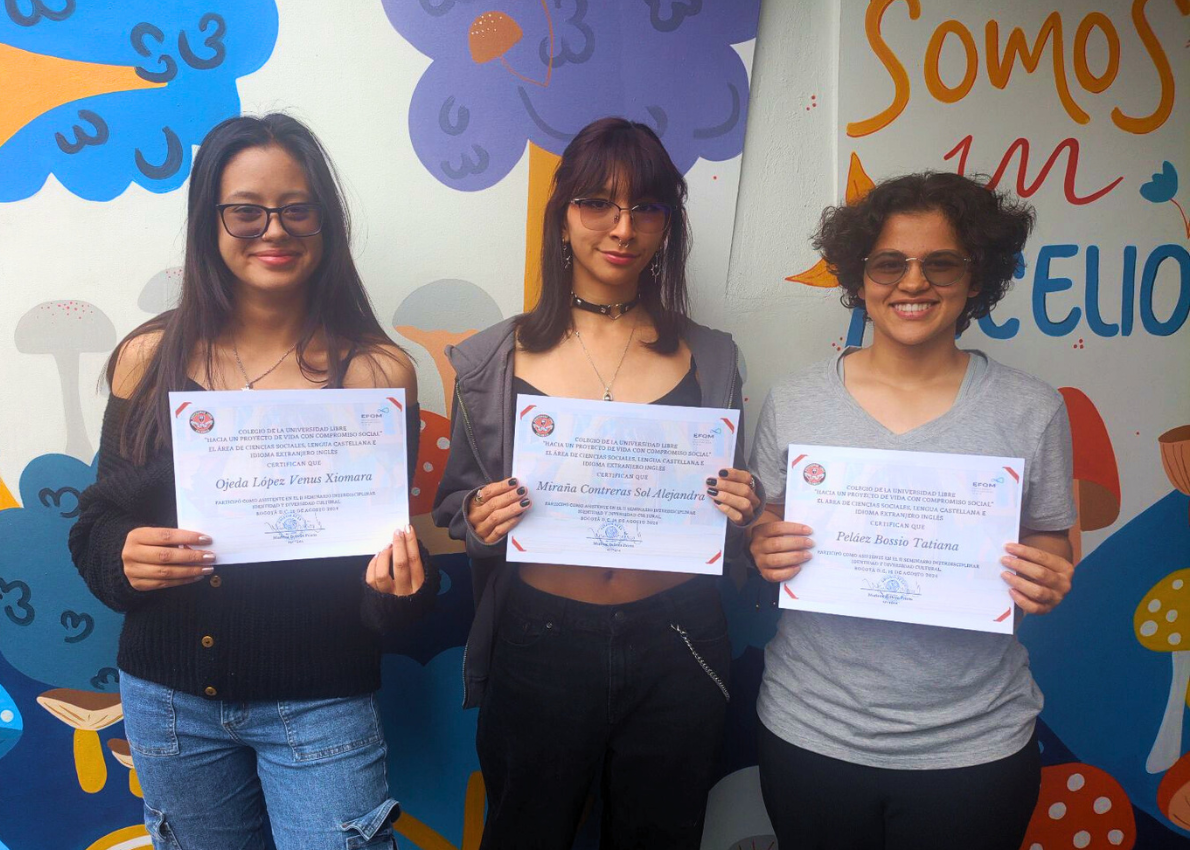With the arrival of the pandemic, as parents, we have decided to look for a learning methodology at home that resembles to the learning our kids could receive in a common learning environment at a normal school. Nevertheless, this is not a simple task, so pedagogy is more complicated than it seems because studying at home is a big challenge, so for families it is not easy to manage time to tackle all the responsibilities and daily activities which can be an obstacle to focus the attention of our children.
With the objective to find a balance between learning in childhood and the way education methodologies could be improved for families , we are going to give some advice to families with the objective that they can put this into practice without being experts.
Getting out of the traditional model
Getting out of the traditional educative models is one of the keys to get a huge and significant change. This change must start from ways in which parents transmit knowledge to their kids. As a result, having questions during the process or feeling worried about it is a common situation. However, it must not be a recurrent state, because the student/children could feel scared about the process. Furthermore, it is possible that she or he loses the interest or feels unconfident when it comes to ask or explore interesting topics.
Consequently, we can see traditional educative practices that are based on task repetition. For instance, we have known the cases of many schools which based on the current health status have decided to create and apply workshops, assign activities that are not fun and develop virtual and remote classes that are not significant and interesting.
The challenge to get out of the traditional pedagogy is our leitmotiv, and we have achieved it thought new and original educative methodologies that are transforming the way in which teachers teach around the world making emphasis on comfort, likes and health development of each student, so we would like to present some innovative practices we have put into practice at Colegio Personalizado Renfort.
The first methodology we have applied at Renfort is the phenomenon-based learning approach. This is a combination of practices and strategies that allows students to confront their daily reality through the development of projects and the carrying out of researchers related to their surroundings and social or cultural environment. In this approach, it is fundamental to emphasize that the student must be a leader of the research, aiming identifying his/her own knowledge needs.
The phenomenon based learning is focus on collaborative learning, for instance the teacher is a guide that encourages research, identifies mistakes, stands out the talents and promotes the knowledge consolidation. With the learning of this methodology students can develop abilities such as, communication, creativity, learning styles, critical thinking, team work, problems solving and fostering active participation. One of the most important advantages of this model is the student can have a closer relationship to the knowledge from real life. Besides, the teacher gives strategies to each student to face day to day challenges and promote curiosity.
In addition, at Renfort, we implement adaptative learning and learning based on competences. These approaches give us the possibility to develop classes based on the own student’s competences and abilities. Furthermore, for kindergarten, the approaches are focused on likes and preferences. This kind of educative strategy permits that the student knows what he/she is learning and have the control of her/his process, in this way we make progress to remove traditional education, and we significantly promote the interest in the curricular plans approved for the academic year.
To conclude, we want to share the methodology known as gamification. This is based on significant games and the use of them in academic atmospheres. As a result, it is changed the way in which students receive knowledge and how it is being transformed to be reminded.
Gamification is a point in favour to educators who are in charge of kindergarten and elementary students because based on rubrics or classroom fun activities, children could develop interest and be focus to achieve the objectives or commitments they have. Furthermore, educators could develop the lesson plans based on the academic curriculum but making emphasis on flashier real and concrete examples.
How can I do it from my home?
In spite of educative methodologies are focus on the campus or the place which students are taking classes, those methodologies are also put into practice inside each student’s homes, so there are pretty useful strategies that all parents can use with their kids.
Fostering playing and curiosity based on curricular academic plan is key to put into practice those educative methodologies from home; Moreover to understand that losing interest easily is part of children behaviour and characteristics, and it’s not a problem, but it should be considered as a challenge to get the attention of children and don’t lose the way making emphasis on involving them in their own learning process.
The methodologies that we are presenting can help to support learning at home, nevertheless it is relevant to count with the disposition and time that this kind of teaching takes. We recommend that, if families don’t have time to focus on guiding activities during the day, they should take professional educators like Colegio Personalizado Renfort teachers, that go to your house and apply all the educative methodologies we mentioned in this article.






